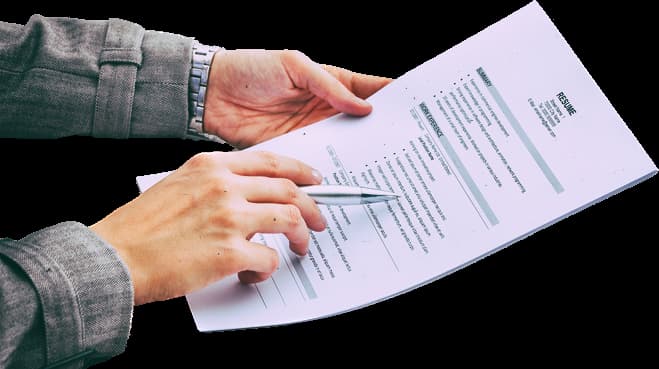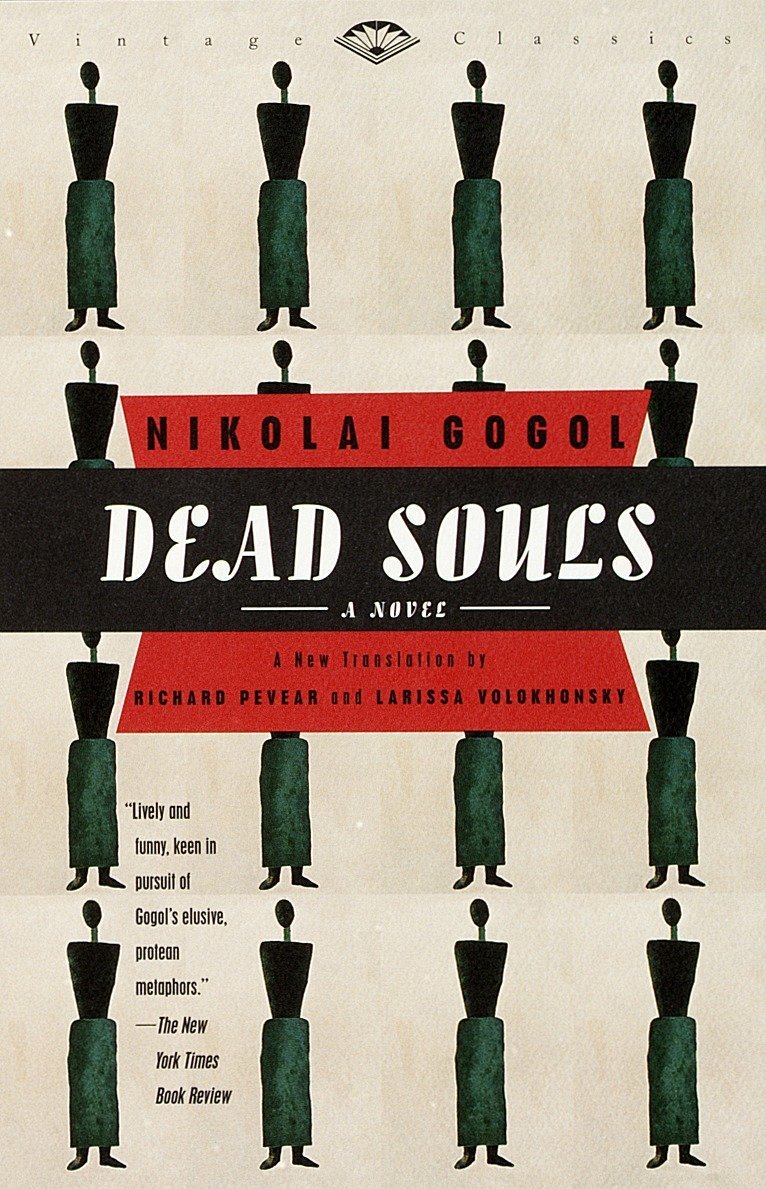
In the competitive landscape of career advancement, a compelling resume serves as your initial introduction to potential employers. A well-crafted resume not only highlights your qualifications but also tells a story of your unique strengths and experiences. It’s the key to unlocking doors to new opportunities.
But what if there was a way to infuse your resume with an extra layer of distinction? A source of inspiration that sets you apart from the crowd and showcases your multidimensional talents? Enter the world of book reviews – an unexpected yet invaluable resource for elevating your resume content.
In this article, we will explore the untapped potential of book reviews as a source of inspiration for resume content. We will delve into the art of identifying relevant books, extracting resume-worthy insights, and tailoring this newfound knowledge to create a standout resume narrative. By the end of this journey, you’ll not only understand the transformative power of books but also be equipped with the tools to craft a resume that leaves a lasting impression.
Prepare to discover how the pages of your favorite books can become the building blocks of a resume that not only reflects your professional prowess but also your passion for lifelong learning. Welcome to the world of “Book Reviews as a Source of Inspiration for Resume Content.”
How Book Reviews Can Enhance Your Resume
Incorporating insights from book reviews into your resume can breathe new life into your professional narrative. Books offer a treasure trove of knowledge, wisdom, and perspectives that can bolster your qualifications and set you apart from other candidates. We’ll explore how to tap into this literary goldmine to create a resume that not only showcases your expertise but also your intellectual curiosity.
Book reviews provide a distilled version of a book’s essence, offering key takeaways, analysis, and critical perspectives. By harnessing this resource, you gain access to a condensed yet potent source of information that can be seamlessly integrated into your resume. Discover how to leverage the power of book reviews to your advantage and enhance your resume’s impact.
Identifying Relevant Books
The first step in harnessing the power of book reviews to enhance your resume is to select books that align with your career aspirations. A thoughtful selection ensures that the insights and knowledge you gain from these books are directly applicable to your professional journey. Here’s how to do it:
- Define Your Career Objectives: Begin by clearly defining your career goals and the skills, knowledge, or expertise you wish to highlight in your resume. Are you aiming for a leadership role, seeking to improve your communication skills, or looking to stand out in a specific industry?
- Research Your Field: Explore the key trends, challenges, and requirements in your field or industry. This research will help you identify areas where additional knowledge or expertise would be valuable in your resume.
- Seek Recommendations: Reach out to mentors, colleagues, or industry experts for book recommendations. They can provide valuable insights into books that have influenced their careers or books that are highly regarded within your industry.
- Read Reviews and Synopses: Before committing to a book, read reviews and synopses to understand the book’s content and whether it aligns with your goals. Look for books that offer practical insights, actionable advice, or innovative perspectives.
- Consider Diverse Perspectives: While it’s important to focus on books directly related to your field, don’t limit yourself exclusively to them. Sometimes, books from other disciplines can provide unique insights that can be applied creatively to your own area of expertise.
- Create a Reading List: Compile a list of books that meet your criteria and prioritize them based on their relevance to your career goals. Having a curated reading list will keep you focused and organized in your reading journey.
By aligning your reading choices with your career objectives, you ensure that the knowledge and inspiration you gain from these books will directly contribute to a more impactful and tailored resume. This strategic approach to book selection will set you on the path to creating a standout professional profile.
Extracting Resume-worthy Content
Once you’ve delved into the world of relevant books and absorbed their insights, the next crucial step is extracting content that is resume-worthy. Not all information from a book will find its place on your resume; it’s about discerning the most valuable gems that will elevate your professional narrative:
- Identifying Key Takeaways: Dive into the book’s core messages and lessons. What concepts, strategies, or perspectives stand out as particularly valuable to your career? These are the nuggets you want to extract.
- Highlighting Actionable Insights: Focus on insights that are not just informative but also actionable. Think about how the knowledge you’ve gained can be applied to your work, projects, or goals.
- Condensing Information: Resume real estate is limited, so it’s crucial to distill lengthy or complex ideas into concise and impactful statements. Learn how to summarize effectively without losing the essence of the insight.
- Quantifying Achievements: If the book insights involve quantifiable achievements, such as increased revenue or efficiency, be sure to translate these into measurable results that can impress potential employers.
- Customizing for Relevance: Tailor the extracted content to your specific career objectives and the job you’re applying for. Ensure that each piece of information enhances your qualifications for the targeted role.
Tailoring Book-Inspired Content

Now that you have a collection of book-inspired content, it’s time to weave it seamlessly into your resume to create a distinctive narrative that sets you apart. Tailoring this content is crucial to ensure it resonates with potential employers and aligns with your personal brand:
- Strategic Placement: Determine where in your resume each piece of book-inspired content fits best. It could enhance your summary, skills section, or accomplishments, depending on its relevance.
- Contextual Integration: Integrate the insights gained from books into your existing professional experiences. Provide context and examples that illustrate how these insights have influenced your work or accomplishments.
- Language and Tone: Match the language and tone of your resume to the industry or job you’re targeting. Ensure that the content flows naturally within the overall narrative of your qualifications.
- Showcasing Versatility: Highlight how your reading experiences have made you a versatile and adaptable professional. Showcase your ability to draw from diverse sources of inspiration.
- Crafting a Compelling Story: Use book-inspired content to tell a compelling story about your skills, knowledge, and growth as a professional. This narrative should resonate with hiring managers and leave a lasting impression.
By effectively extracting and tailoring book-inspired content, you transform your resume into a dynamic document that not only reflects your expertise but also showcases your ability to apply valuable insights from various sources to your career. This strategic approach will make your resume stand out in a competitive job market.
Crafting the Perfect Resume
When integrating book-inspired content into your resume, it’s crucial to strike a balance between these additional insights and the traditional resume elements. Here’s a detailed breakdown of how to do it:
- Clarity and Conciseness: Your resume should remain a clear and concise document. Avoid overloading it with book references or lengthy explanations of the insights you’ve gained. Instead, focus on capturing the essence of these insights concisely.
- Tailoring to the Job: Tailor your resume for each job application. Highlight book-inspired content that directly aligns with the specific requirements of the position you’re applying for. Customize your resume to emphasize skills and knowledge that are most relevant to the job.
- Professionalism and Relevance: Ensure that all book-related content you include enhances your professionalism and relevance as a candidate. Highlight insights that demonstrate your ability to solve problems, make informed decisions, or contribute meaningfully to the prospective employer’s goals.
- Highlighting Unique Strengths: Use book-inspired content to showcase your unique strengths and differentiate yourself from other candidates. Discuss how your reading experiences have shaped your perspectives and approach to work, adding a distinct layer to your qualifications.
- Seamless Integration: Integrate book-related content seamlessly into your existing resume structure. Avoid creating a separate section solely for books. Instead, weave relevant insights into your summary, skills, or achievements sections, where they add the most value.
- Prioritizing Impact: Prioritize the most impactful book insights that directly enhance your qualifications for the job. Emphasize the ones that illustrate your adaptability, problem-solving abilities, or industry knowledge, and that align with the employer’s needs.
- Maintaining Readability: While incorporating book-inspired content, maintain the readability of your resume. Ensure that your document is visually appealing, well-organized, and easy to scan for hiring managers.
- Proofreading and Editing: Thoroughly proofread and edit your resume to eliminate any errors or inconsistencies. Attention to detail is essential to make a positive impression.
In summary, crafting the perfect resume involves seamlessly integrating book-inspired insights while adhering to the traditional principles of resume writing. It’s about presenting your unique strengths and experiences in a way that resonates with the specific job you’re pursuing while maintaining professionalism and clarity.
Conclusion:
In conclusion, harnessing book reviews as a source of inspiration for resume content is a powerful strategy that can elevate your professional profile. By aligning your reading choices with your career goals, extracting relevant insights, and skillfully integrating them into your resume, you can create a document that not only showcases your expertise but also reflects your commitment to continuous learning and growth.
Remember that the key to success lies in balance and relevance. Your resume should remain clear, concise, and tailored to the specific job you’re applying for while highlighting the unique strengths and perspectives gained from your reading experiences. This strategic approach has the potential to set you apart in a competitive job market and leave a lasting impression on potential employers.
So, as you embark on your journey to craft a resume infused with the wisdom of books, seize the opportunity to tell a compelling story about your qualifications and aspirations. Your resume is not just a document; it’s a testament to your commitment to excellence and your dedication to becoming a well-rounded professional.
FAQ:
Can I include fiction books on my resume?
Yes, you can include fiction books if they have had a significant impact on your personal or professional development. Focus on the insights or skills gained from such books that are relevant to the job you’re applying for.
How many book references should I include in my resume?
There is no specific number, but quality should always trump quantity. Include book references that directly enhance your qualifications for the job. Typically, 1-3 well-chosen references should suffice.
Should I include a separate “Books” section in my resume?
It’s not necessary to have a separate section. Instead, seamlessly integrate book insights into relevant sections such as your summary, skills, or accomplishments, where they can add the most value.


